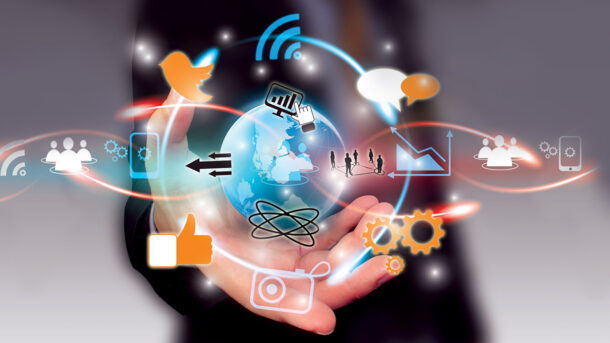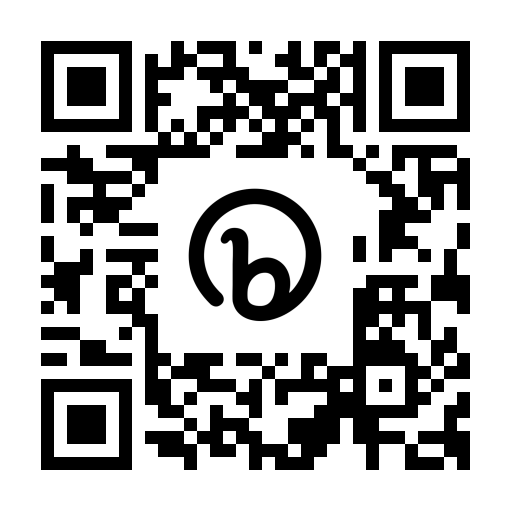These platforms have become an integral part of modern communication, allowing humans to connect with each other regardless of bodily distance. They are broadly used for non-public and expert networking, as well as for sharing and eating news, entertainment, and different types of content. However, social media also has its downsides. There are issues about the affect of social media on intellectual health, specially amongst younger people. Additionally, social media has been criticized for spreading misinformation, and for being used to influence public opinion and intervene in political campaigns.
Some governments have additionally restricted access to social media in order to hinder freedom of expression. Overall, social media has modified the way we speak and share information, but it is necessary to be conscious of the possible poor results and use it responsibly. In modern-day digital age, social media has end up an imperative phase of our day by day lives. Platforms like Facebook, Twitter, Instagram, and LinkedIn have made it feasible for us to connect with humans from all over the world, no matter the distance. We can share our ideas and experiences, find out new perspectives, and continue to be up-to-date with trendy information and trends. However, as much as social media has made our lives more connected and convenient, it also has its downsides. The regular flow of records and the strain of maintaining a curated model of ourselves online can have a poor affect on our intellectual health.
Research has proven that immoderate use of social media is linked to extended emotions of depression, anxiety, and loneliness. This is especially true for younger humans who are growing up in a world where social media is a ubiquitous presence. Misinformation is additionally a fundamental hassle on social media, as it is easier than ever for false facts to be shared and spread quickly. Social media has been used to impact public opinion and intrude in political campaigns, elevating issues about the position of these structures in democratic societies.
Some governments have even restricted access to social media in order to preclude freedom of expression. So, what can we do to mitigate these bad consequences while nevertheless being able to revel in the advantages of social media? Here are a few suggestions: Set limits on your usage. Instead of mindlessly scrolling through your feed, set precise times of the day for checking social media and stick to them. Be aware of your content. Consider what you publish and how it might be perceived. Seek out numerous perspectives: Follow people and viewpoints that have opposing viewpoints to yours. Be crucially aware of the statistics you see: Don’t routinely consider everything you see on social media, fact-check the data before sharing it. Social media has surely modified the way we speak and share information, but it is necessary to be conscious of its achievable terrible results and use it responsibly. By taking a more aware and imperative approach to our social media consumption, we can reap the advantages while minimizing the risks.
Another drawback of social media is its workable influence on our privacy. Many social media systems acquire giant quantities of records on their users, which can be used for focused advertising, but can additionally be susceptible to breaches and unauthorized access. The Cambridge Analytica scandal of 2018, in which facts from tens of millions of Facebook customers were harvested without their consent, served as a harsh reminder of the conceivable risks of social media. Additionally, social media has been blamed for the erosion of normal types of communication, such as face-to-face conversations, which can lead to a lack of social abilities amongst users, especially amongst younger people. This can reason subject in interactions with human beings in actual life, the place humans cannot in reality disguise in the back of screens. It is vital to understand that social media is now not a substitute for real-life human interaction, but an addition. By balancing our social media utilization with true face-to-face conversations, we can make sure that we’re now not lacking out on the essential social capabilities that come with in-person interactions. It’s additionally well worth citing that, notwithstanding the downsides, social media has demonstrated to be an fine device for social and political movements. It has allowed marginalized communities to increase their voices and helped prepare protests and events. Social media has additionally been used to spread awareness of essential troubles and grant guidance to those who want it. In conclusion, social media is an effective device that has radically increased our desire to join and share information.
But like most tools, it has its downsides as well. We can enjoy the benefits of social media while avoiding the pitfalls if we are aware of the manageable negative outcomes and take steps to mitigate them. It is essential to be aware of our usage, take breaks, and be aware of the statistics we see on social media. We can ensure that social media remains a positive influence in our lives by using it responsibly.



